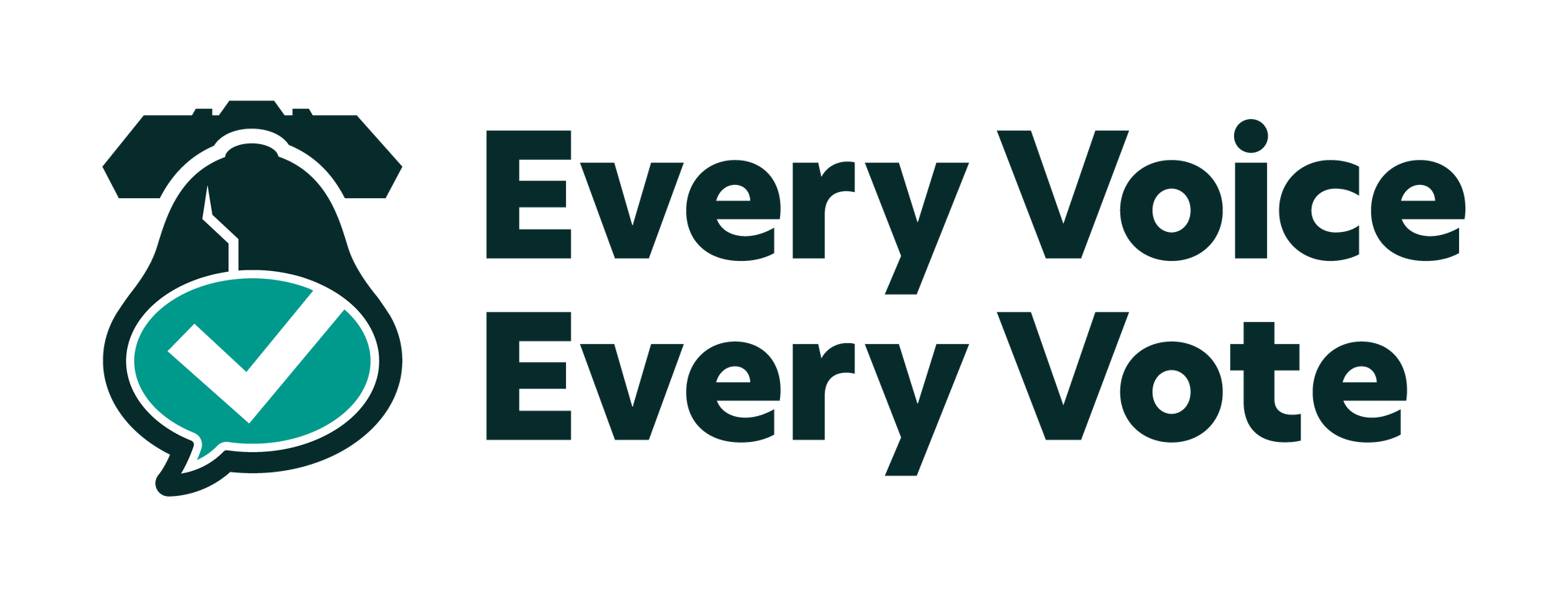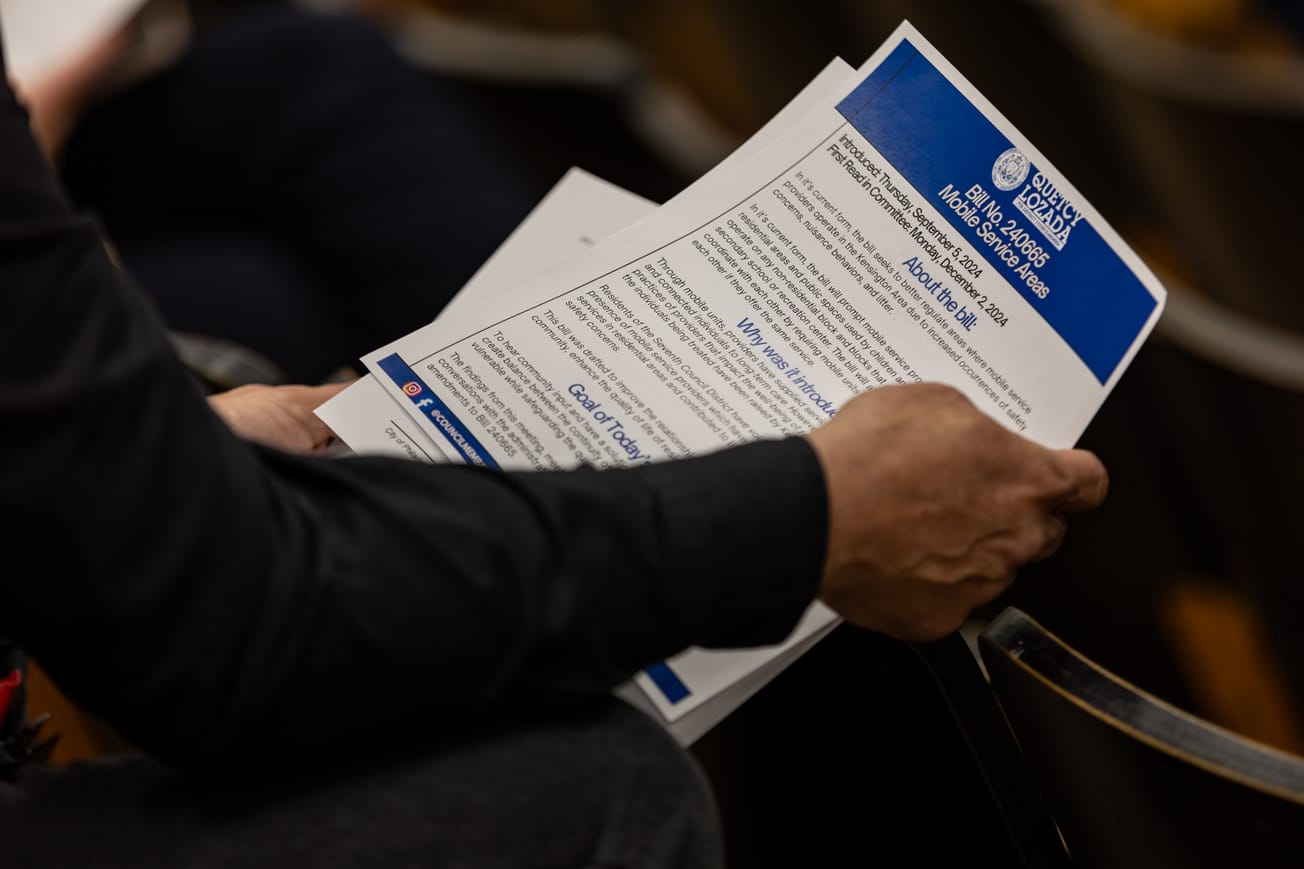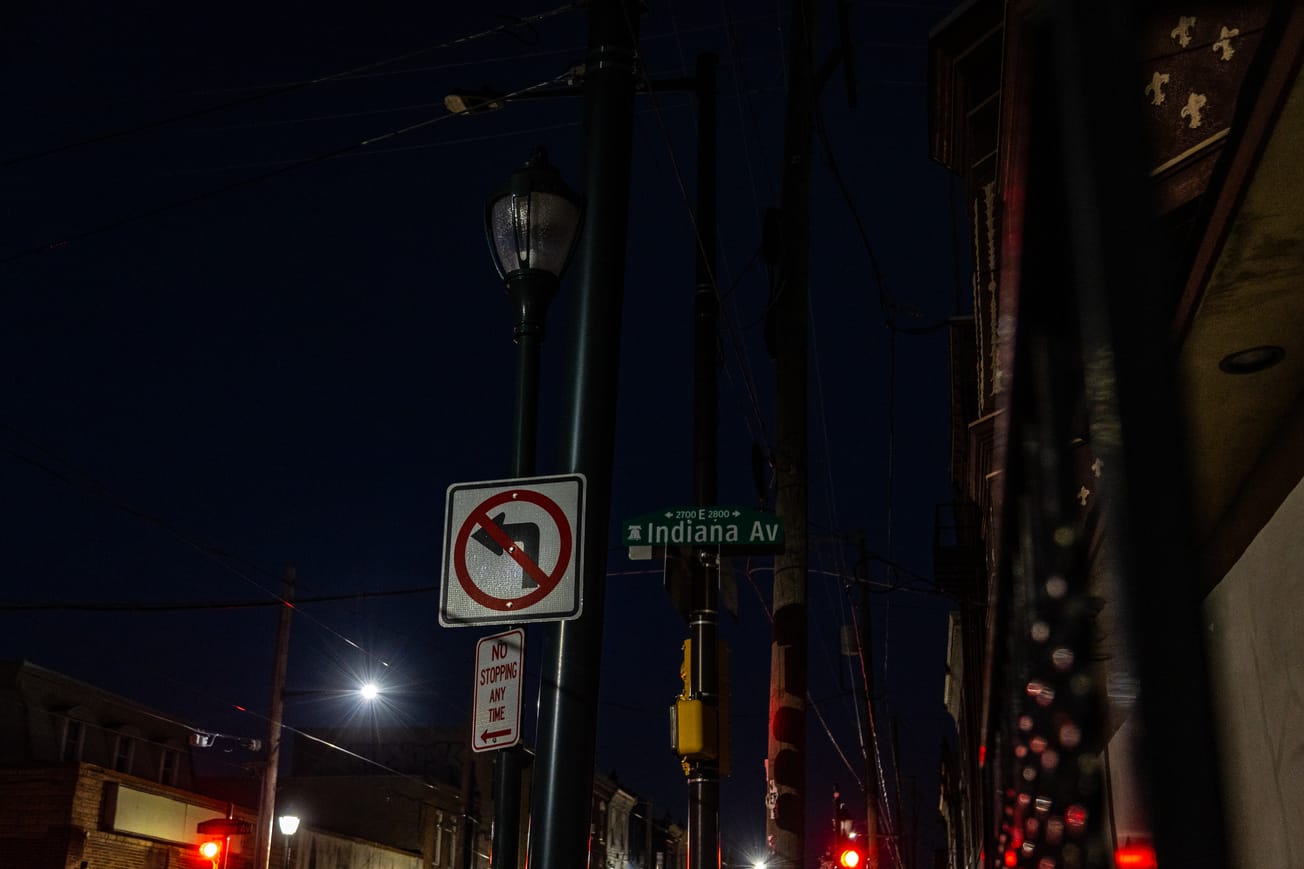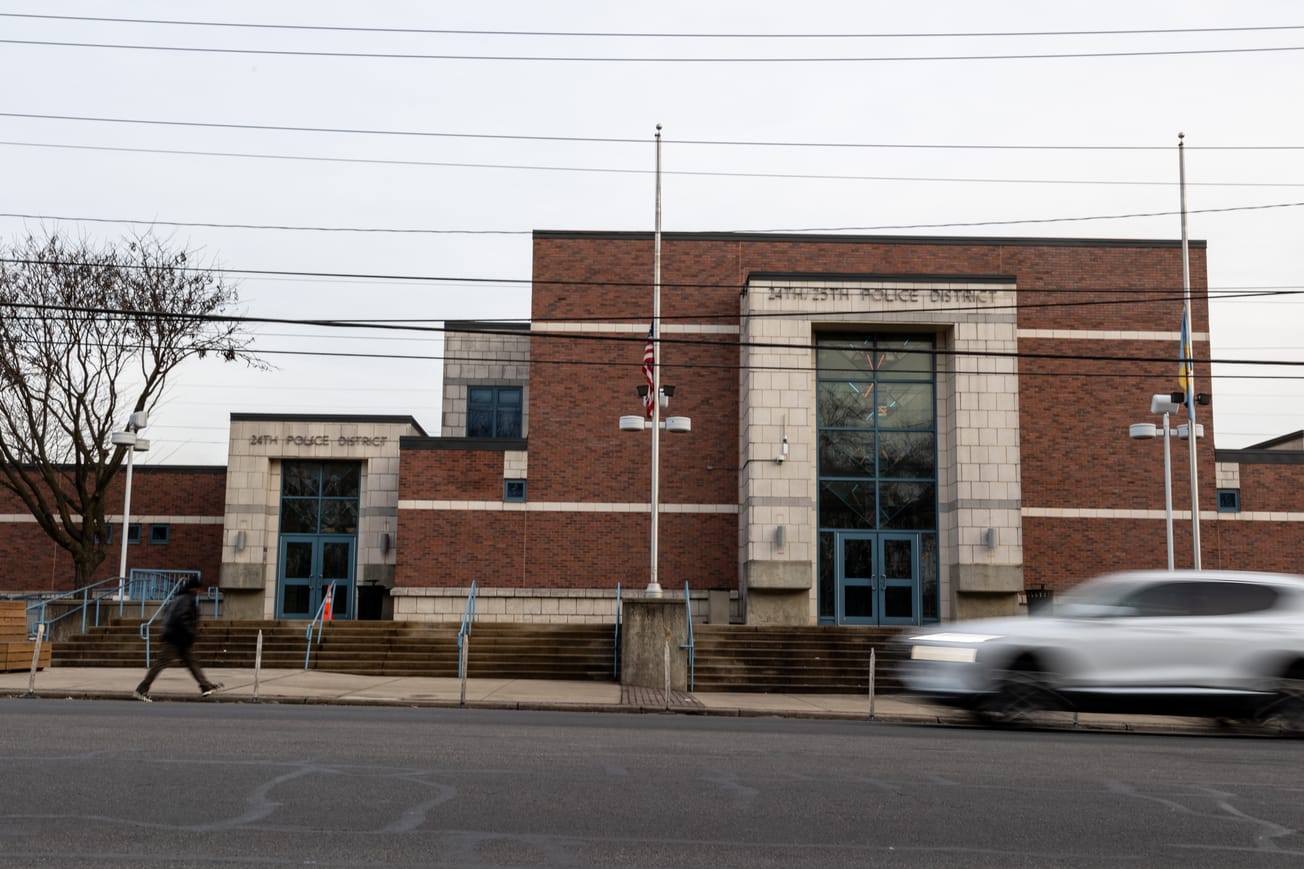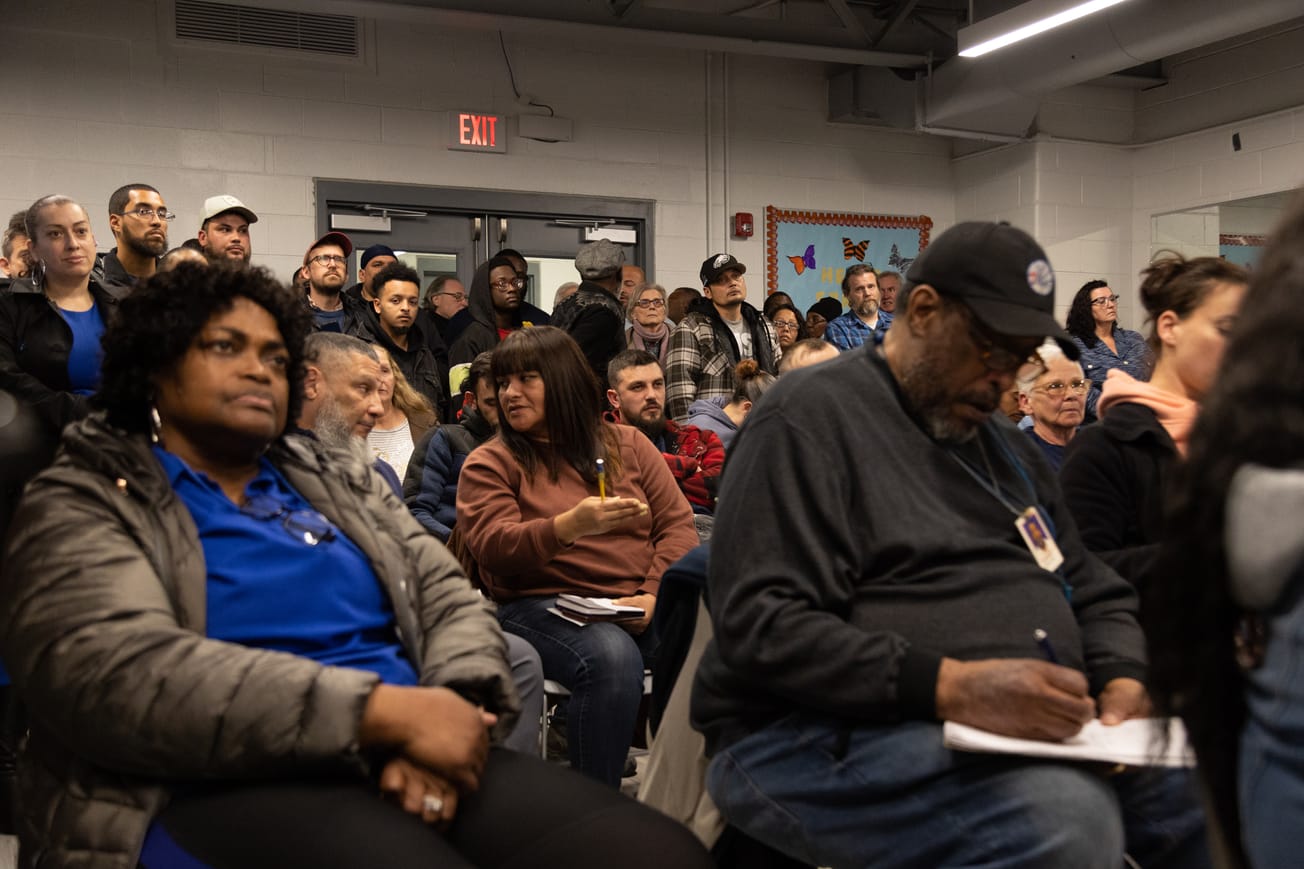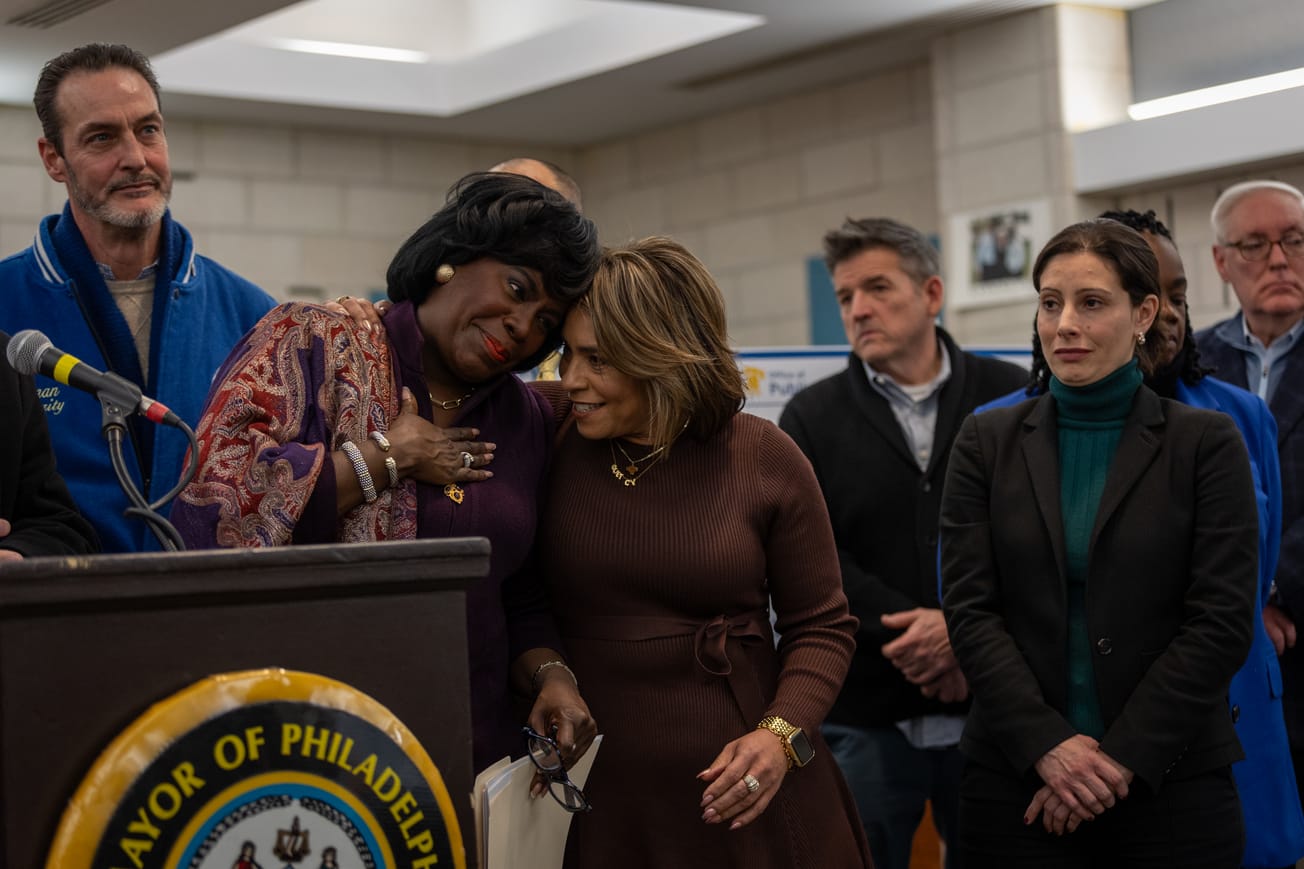Philadelphia City Councilmember Quetcy Lozada introduced amendments Thursday to a bill that would largely ban mobile service providers from operating in the 7th District.
The amendments, approved in a 12-3 vote, would require mobile providers to obtain permits while also imposing strict location and time limits on their operations. Under the bill, non-medical mobile providers could not stay in any one location within the district for more than 45 minutes and would need to move at least 1,000 feet to be considered at a new location.
Mobile medical services would be restricted to a single, unspecified location or permitted to operate between 11 p.m. and 6 a.m. on a two-block stretch of Allegheny Avenue. Emergency medical responders, pediatric providers, and veterinary services would be exempt. Violators would be fined up to $1,000.
The bill can move to a final vote in Council as soon as next week.
If approved in a final vote and signed by Mayor Cherelle Parker, the ordinance would take effect 70 days after becoming law.
An earlier version of the bill, approved by Council’s Licenses and Inspections committee in December, proposed banning mobile providers from residential areas and certain public spaces in the 7th District. That hearing drew hours of contentious testimony.
Public opposition was unanimous Thursday, as every person who spoke about the bill during public comment opposed it. Critics called it a veiled effort to restrict vital medical services for people who use drugs amid a public health crisis.
During public comment, Sarah, an organizer with the Positive Women’s Network, said the bill “prioritizes aesthetics, control, and punishment over public health, safety, and dignity. She said it paints people who use drugs as public threats and dangerous nuisances rather than people in need of care.
“In the name of dignity for one group, it strips dignity for another. People will not stop needing care just because it's harder to provide, but they may die trying to find it,” she said.
Daniel Abramov said he would not be alive without harm reduction mobile services.
“I’ve overdosed many times … mobile providers saved my life,” he said.
Silvana Mazzella, director of Prevention Point, urged the city and the Department of Public Health to determine provider locations based on data–specifically areas with high rates of HIV infection and fatal and nonfatal overdoses.
Kensington resident Aileen Callaghan said that when he walks his son to school on Kensington Avenue, they often pass people they can’t tell are “alive or dead.”
“What would reduce the trauma that my son experiences on a daily basis is not a mobilization ban or permitting system. What would protect my son is the billions of dollars that the city receives to address the opioid crisis put to the best use possible: fully funded overdose prevention centers,” said Callaghan.
“I do not want my son to think that the city of Philadelphia thinks that if you live outside, your life doesn't matter,” he continued. “That's the message my son gets.”
Lozada said she held meetings with community stakeholders, medical providers, and residents over the last several months following the bill’s introduction.
“It reflects the voices of residents. It prioritizes residents, business owners, children, police, and the experts in our public health areas. This was a collaborative effort from all fronts,” she said.
During recent community meetings, some Kensington residents said mobile services have attracted large groups of people on sidewalks and contributed to used needles being left on the street.
At a February meeting, others said community members have had productive conversations with health practitioners, but struggle more with out-of-town church groups that allegedly provide inadequate medical care, distribute food, and leave trash behind.
The bill would affect a broad range of services, from food trucks to Temple University’s mobile care van that treats people with opioid use disorder.
The legislation does not clearly designate where medical providers may operate. It lists 265 E. Lehigh Ave. as a possible site, or another to be “designated by the city,” and does not specify hours of operation. That address is home to the Kensington Wellness Center, formerly the Police Assisted Diversion (PAD) center, where people arrested through the newly launched Kensington Wellness Court are taken after arrest.
The permitting process also remains unclear. The bill states that the Department of Public Health, “or such other agency as designated by the mayor,” would establish a permitting system to regulate mobile medical services.
Public health experts submitted letters with recommendations for the bill to Lozada’s office, but her office declined to share the letters with Kensington Voice.
Council members Nicolas O’Rourke, Kendra Brooks, and Rue Landau voted against the amendments.
Have any questions, comments, or concerns about this story? Send an email to editors@kensingtonvoice.com.
